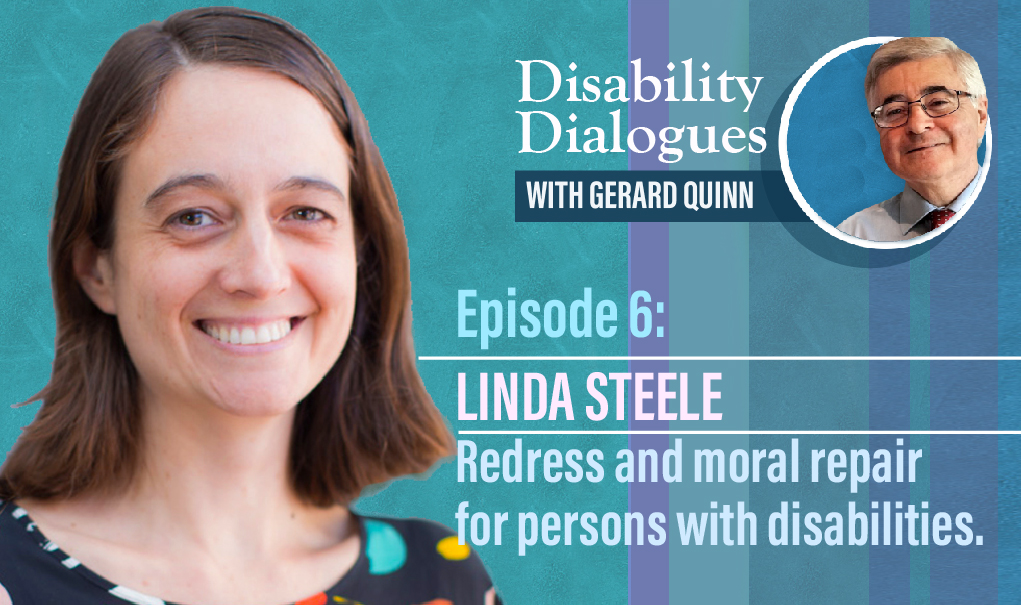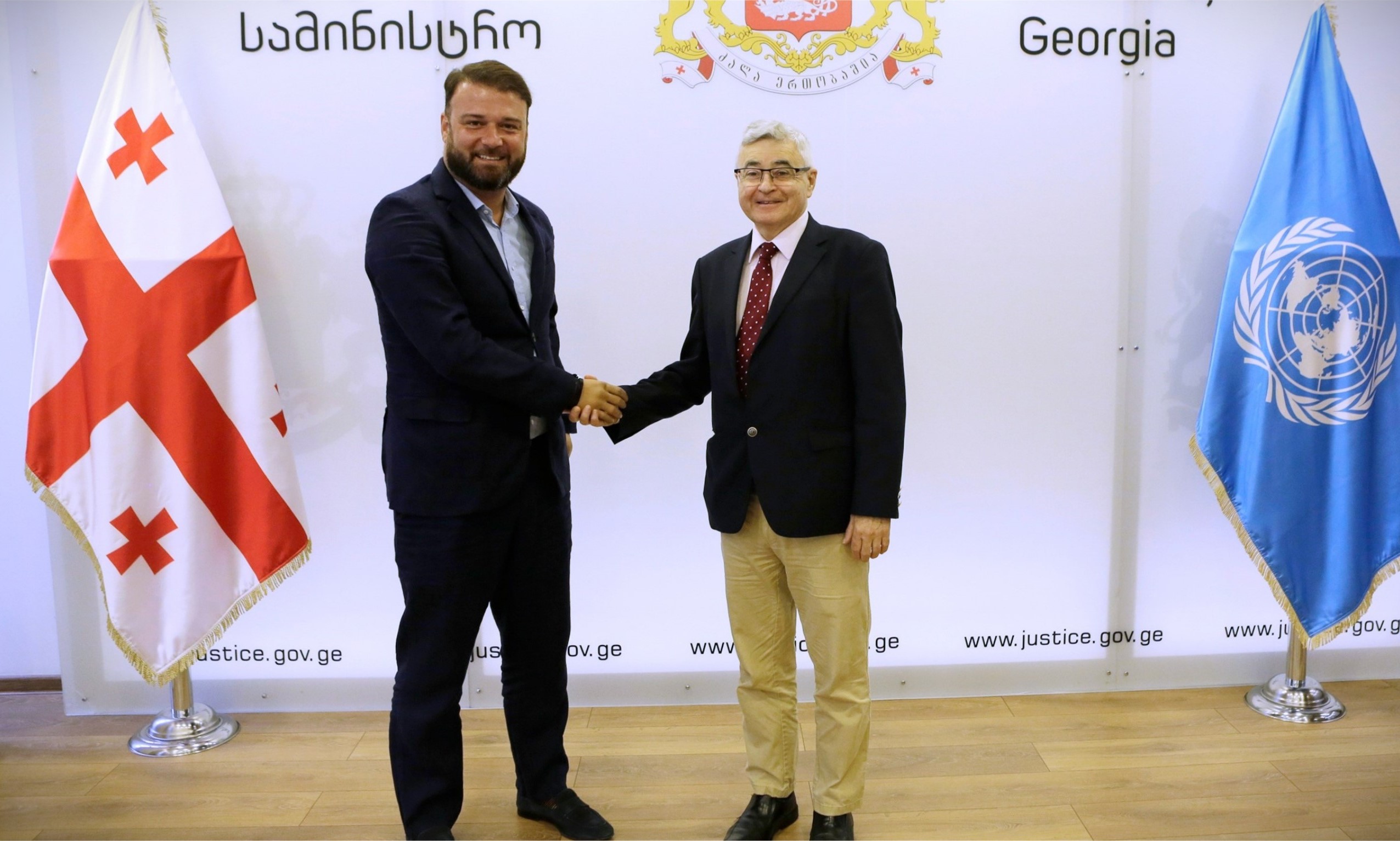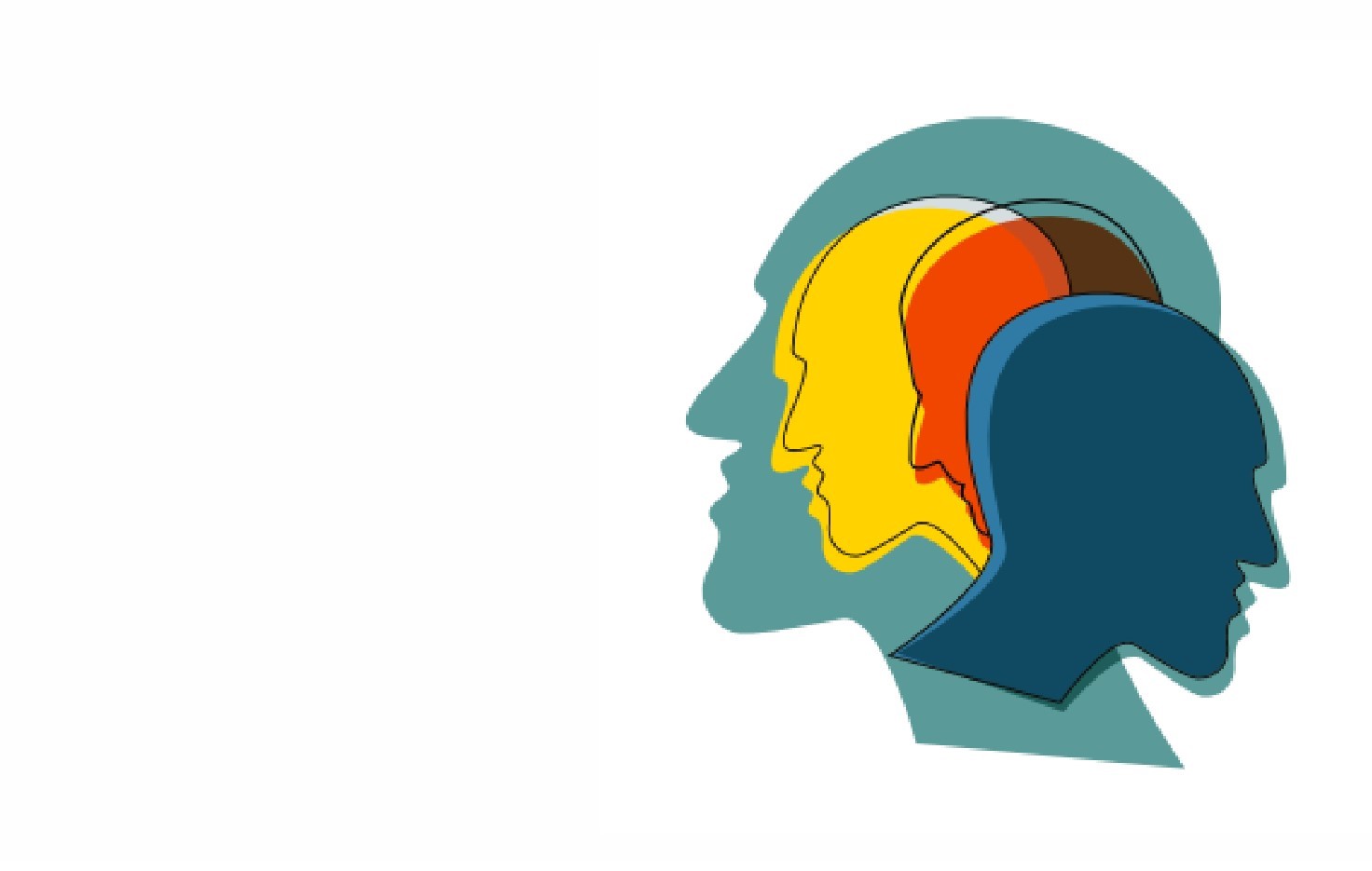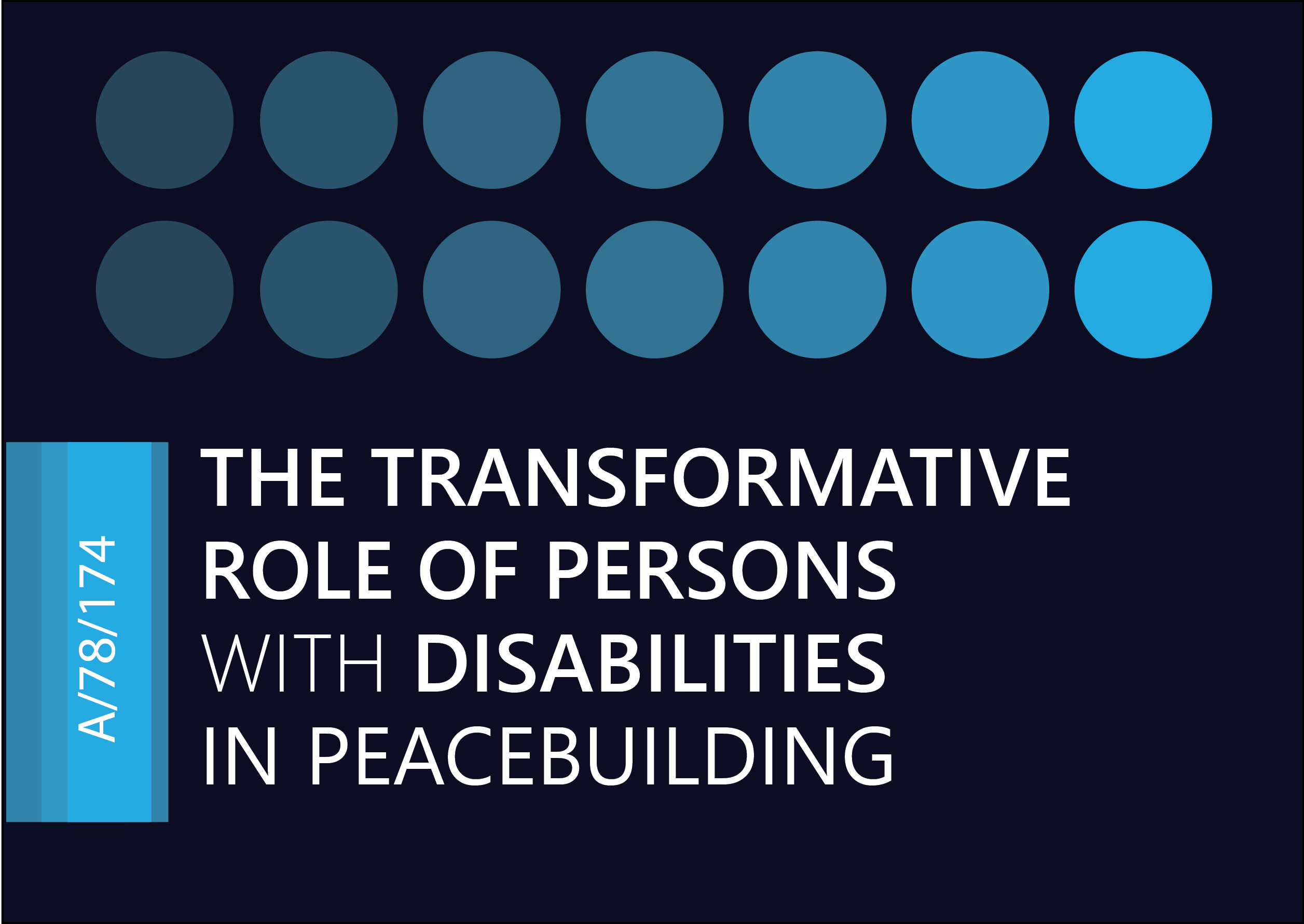In dialogue with the BBC, Gerard Quinn explained his concerns about the risks faced by children with disabilities, particularly those living in institutions. This is the full interview and transcript of that conversation.
BBC: Human rights experts from the United Nations have expressed concern about the situation of children with disabilities in Ukraine. The children are disproportionately affected by the war. With many institutions, being displaced across the country and abroad are warning comes after a BBC investigation uncovered, widespread abuse in the country's orphanages. Professor Gerard Quinn is the UN special rapporteur on the rights of persons with disabilities and he joins us live.
What have you found out about the situation of disabled people, children especially in Ukraine?
Gerard Quinn: War is inherently cruel. And I think it brings to light many historic disadvantages, particularly for persons with disabilities. The international Committee of the Red Cross itself asserts that the many fine protections of civilians in the Geneva conventions are not fine-tuned to the life circumstances of persons with disabilities. Warnings for evacuation, for example, if they're given, are not accessible, and of course, institutionalization magnifies risks during wartime many times over.
BBC: How is that so?
GQ: Well, I think persons who are congregated in institutions can be, for example, easy prey to targeting to exploitation to use as human shields, and even as reprisals. Evacuation from institutions can be inherently difficult. When people with disabilities, including children are displaced, they tend to be displaced only to other institutions either within the country or further afield, which is not really a solution into the future. Displacement into the community can be sometimes very hurried, without proper planning and safeguard.
Institutionalization is well known as something that heightens risks of people with disabilities during conflict.
BBC: Did you find concrete proof, for example, that disabled children had been used as shields in battle?
GQ: There's only anecdotal evidence out there. There's no firm evidence of such, but nevertheless we are sufficiently concerned about the situation. And by the way, not just in Ukraine, but in other parts of the world as well.
BBC: What can be done about it?
GQ: Well, I think Ukraine particularly deserves our support and our solidarity going forward. I think a reset is needed with respect to institutionalization; there will be a long road ahead in terms of rebuilding the government. They are in the middle of an existential crisis, and I think in rebuilding, (the Ukrainian Government) needs to share the clear international consensus against institutionalization, and just as important, donor countries and donor agencies involved in inclusive development assistance should very firmly resolve to build a more inclusive future which does not rely on institutions but on community and family-based support. So, we are effectively calling on both the government and donor countries and agencies to commit to a more inclusive future.
BBC: It sounds as if many of these abuses in institutions in orphanages predated the war. You can understand how solving that problem will fall well down the list of priorities in the middle of the war.
GQ: Absolutely. There are very hard choices to be made when your back is up against the wall. But nevertheless, I think now is the right time to face the past squarely and honestly and to try and commit to the much more inclusive future. Otherwise, people with disabilities, especially children will continue to face disproportionate risks.





